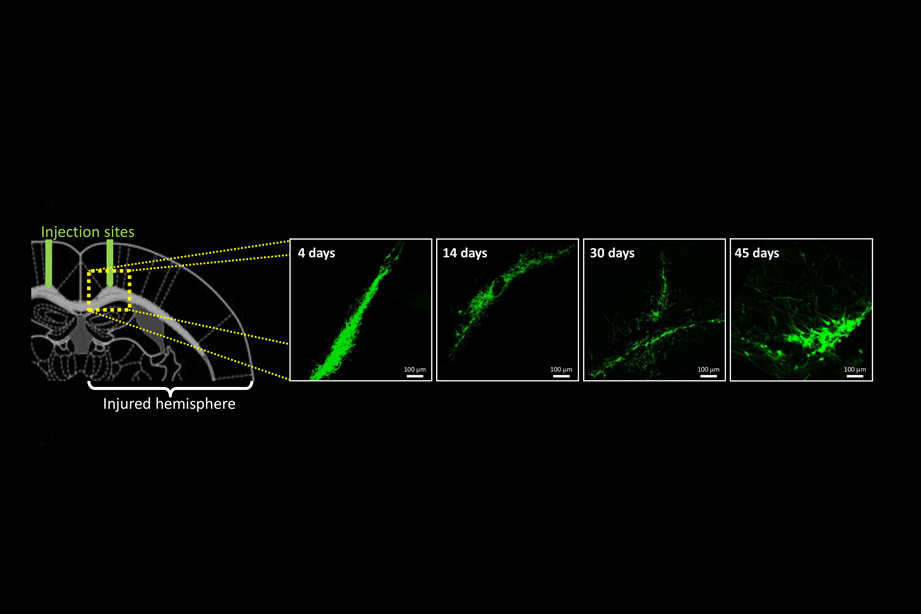Challenge Doctors should ideally diagnose cerebral palsy (CP) before a baby’s first birthday, according to international guidelines. This way, the child can access early interventions that will help them reach their fullest potential for movement and function. However, the average age for a CP diagnosis in Canada is 18.9 months, and treatment doesn’t always [...]
Finding a Way to Diagnosis Cerebral Palsy Sooner
Nicolas Turgeon-Morin2023-10-19T10:23:57-08:00Challenge When it comes to neurodevelopmental disabilities, early diagnosis is critical so that children can access supports and interventions early on. For cerebral palsy (CP), it is generally recommended that children be diagnosed as early as possible. Using new tools, in many cases this is potentially feasible by primary care physicians before infants with CP [...]
Transplantation of Neural Stem Cells Therapy
Nicolas Turgeon-Morin2023-05-04T06:29:06-08:00Challenge For most children with cerebral palsy (CP), their condition began before birth, likely due to a condition resulting in the delayed growth of the fetus. But ground-breaking findings from the CP research team, led by neurosurgeon Dr. Michael Fehlings, have demonstrated that neural stem cell therapy could be an option for treating CP. Project [...]
The Neuroethics Core: Action- and Solution-Oriented Best Practices
Nicolas Turgeon-Morin2023-05-04T06:41:08-08:00Challenge Persons in research institutions, hospitals and governments make decisions every day that affect the well-being of children with neurodevelopmental disabilities (NDDs). The KBHN Neuroethics Core sought to find ways to help doctors, scientists, policymakers and parents with their ethical decision-making. Project Summary and The neuroethics core at Kids Brain Health Network helped people navigate [...]
Genomics/Epigenetics of CP in Preterm-born Infants
Nicolas Turgeon-Morin2023-02-22T11:06:33-08:00Challenge Premature infants are the largest subgroup of children with cerebral palsy (CP), and the prevalence of CP in these infants has remained high despite improved overall survival rates. White matter injuries and infections during pregnancy are a significant risk factor in CP, and studies show that factors impacting gene expression may be linked to [...]
Quantitative modelling of spontaneous movement in infants
Nicolas Turgeon-Morin2023-10-19T10:45:42-08:00Challenge In young babies, assessment of their motions has been used to predict complex neurological dysfunction later in life. Infant movement has been identified as the 7th cardinal sign of neurological dysfunction. However, this method is limited, partially due to the skills that are required to deliver a clear qualitative assessment of a baby's motion. [...]
The ASD Demonstration Project: Clinical Utility Studies
Nicolas Turgeon-Morin2023-10-19T10:48:53-08:00Challenge An autism spectrum disorder diagnosis gives parents and guardians only an idea of what to expect in the years to come. Even when children start with similar abilities and disabilities, they can go on to develop in a wide variety of ways, with different speeds of skill progression and various additional health conditions. Unfortunately, [...]
The ASD Demonstration Project: Translation of Genomic Discoveries into Clinical Practice
Nicolas Turgeon-Morin2023-10-19T10:52:46-08:00Challenge A person’s genome could contain useful information about their risk of autism spectrum disorder, but how should genome sequencing be used in diagnosis, genetic counselling and patient management? What treatments and follow-ups should come after what kinds of test results? And how should these very complex and sometimes ambiguous results be conveyed? How can [...]










